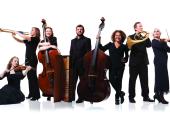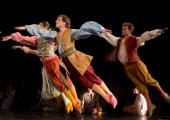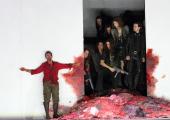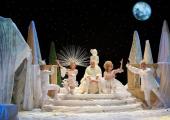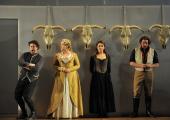Le Concert Spirituel, Christ Church Spitalfields
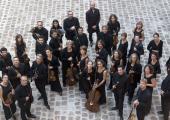
French Baroque specialists take musical journey around early 18th-century Europe
The magnificent Christ Church Spitalfields is a masterpiece of the British baroque and very much an ideal venue for this Spitalfields Winter Festival visit by French period instrument group Le Concert Spirituel. Travelling as a chamber ten-piece without conductor Hervé Niquet, the group performed a selection of early 18th-century works from across Europe, bringing in Muffat, Purcell, Biber, Zelenka, Charpentier, Corelli and Bach.

